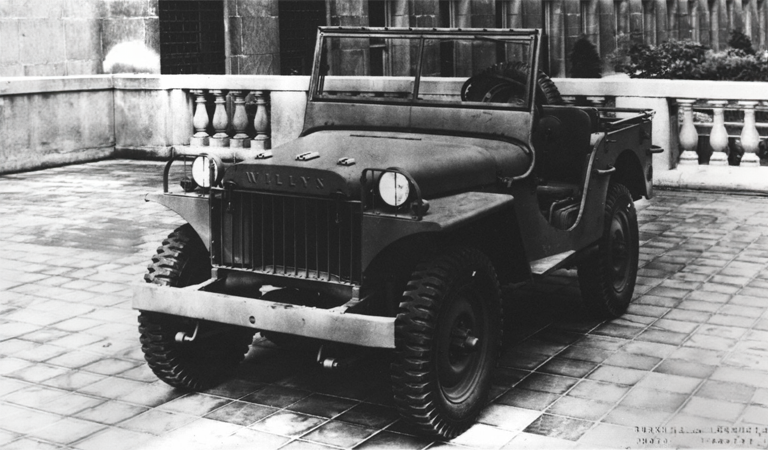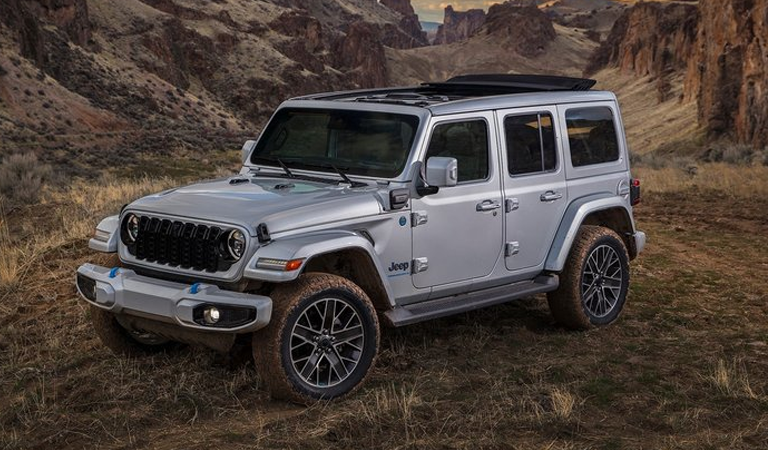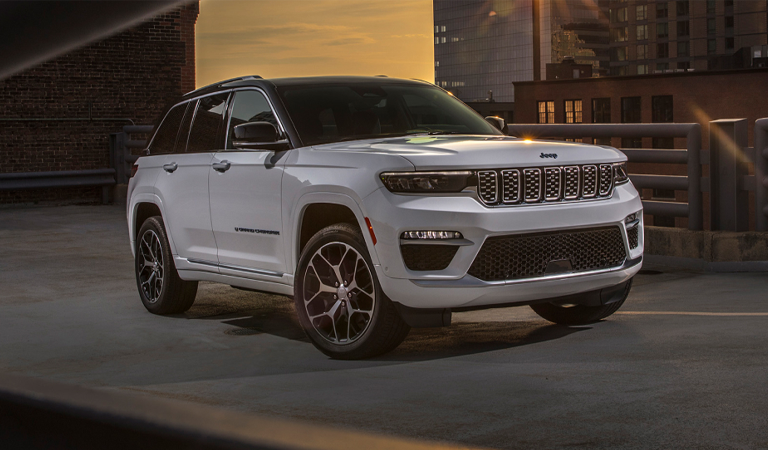Jeep. The name itself conjures images of adventure, off-road exploration, and rugged capability. But who exactly makes these legendary vehicles? Are they reliable companions for the road less travelled? Let’s dive in and answer all your burning Jeep questions!
Who Owns Jeep?
Jeep is currently owned by the multinational corporation Stellantis. This automotive giant was formed in 2021 through the merger of Fiat Chrysler Automobiles (FCA) and the PSA Group (Peugeot Société Anonyme).
Prior to that, Jeep resided under the FCA umbrella since 1987. FCA houses a whole family of car brands, but Jeep stands out as the adventurous child. While Chrysler, Dodge, and RAM all share the FCA umbrella, Jeep carved its own path. Chrysler focuses on comfortable family vehicles like the Pacifica, while Dodge leans towards performance-oriented SUVs and muscle cars. Jeep, however, is built for the thrill seeker. Bumpy backroads, off-road adventures, and active lifestyles – that’s where Jeep truly shines.
FCA itself had a rich history, acquiring Jeep from American Motors Corporation (AMC) in 1987. This acquisition marked a turning point for Jeep, allowing it to leverage FCA’s resources and global reach to solidify its position as a leader in the off-road SUV market.

What Does Jeep Stand for?
There’s no definitive origin story for the Jeep name, adding to its mystique and rich heritage. Some theories suggest it came from the phonetic pronunciation of “GP” (General Purpose) during World War II, a time when the iconic Willys Jeep played a crucial role for the Allied forces.
Others believe it stemmed from the military slang term for new recruits – “jeeps.” This theory aligns with the idea that the utilitarian and go-anywhere nature of the Jeep mirrored the adaptability and resourcefulness of new soldiers.

Who Makes Jeep?
Since the merger, Stellantis has overseen the Jeep brand, ensuring consistent quality and brand identity across the globe. But the manufacturing process is a global affair, with Jeep car models being produced in various locations to cater to different markets and customer demands.
The iconic Jeep Wrangler, for example, continues to be proudly built in Toledo, Ohio, carrying on a legacy that began in the 1940s. This American-made heritage resonates with many Jeep enthusiasts who value the quality and craftsmanship associated with US manufacturing.
However, Stellantis also has production facilities in other countries, such as Brazil, China, and India. This global presence allows Jeep to stay competitive and cater to the growing demand for SUVs internationally.
Where Are Jeeps Made?
As mentioned earlier, Jeeps are manufactured in several countries, with a strong presence in the United States. The Toledo, Ohio plant is a cornerstone of Jeep production, but there’s more to the story.
Jeep has production facilities in Brazil, which is a major market for SUVs in South America. China, the world’s largest auto market, also has Jeep 4X4 production facilities to meet the growing demand for these vehicles in the region.
Additionally, India has become a production hub for Jeep, catering to the domestic market and potentially serving as an export base for other Asian countries. This global manufacturing footprint allows Jeep to be more responsive to regional preferences and market demands.

Are Jeeps Good Cars?
Jeeps excel in off-road capability, offering exceptional power, handling, and ground clearance to conquer challenging terrains. They’re built to withstand tough conditions, with features like skid plates, durable suspension systems, and powerful engines that help navigate through mud, rocks, and uneven surfaces.
This focus on off-road prowess makes Jeep a favourite among adventure seekers and outdoor enthusiasts. However, Jeep’s off-road focus can come at the expense of on-road comfort and fuel efficiency compared to some competitors, especially with their electric jeep selection. Jeep rides can be a bit stiffer on paved roads, and fuel economy ratings may not be as impressive as some crossover SUVs.
Ultimately, whether a Jeep SUV is a “good car” depends on your priorities. If you crave adventure and prioritise off-road capability, a Jeep is an excellent choice. But if you spend most of your time on the motorway and prioritise a smooth ride and fuel efficiency, you might want to consider other options.
Are Jeeps Reliable?
Jeep cars’ reliability ratings vary depending on the model and year. While some Jeep SUVS and Crossovers, like the Jeep Grand Cherokee 4xe, boast impressive reliability records according to consumer reports, others may have reported issues.
It’s always wise to research specific models and years before making a purchase decision. Consulting resources like consumer reports and owner reviews can provide valuable insights into the reliability of specific Jeep models. Additionally, a pre-purchase inspection by a qualified mechanic can help identify any potential problems before you buy.

Jeep is a legendary brand with a rich history and a reputation for capability and adventure. Whether you’re looking for a rugged off-road companion or a stylish SUV with a touch of heritage, Jeep offers a variety of models to suit your needs.
By understanding Jeep’s ownership, manufacturing, strengths, and considerations, you can make an informed decision about whether a Jeep is the right vehicle for you. So, buckle up, hit the pedal, and see where the road (or lack thereof) takes you in your Jeep!